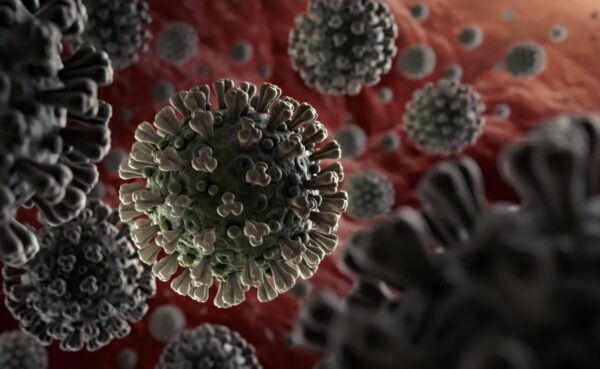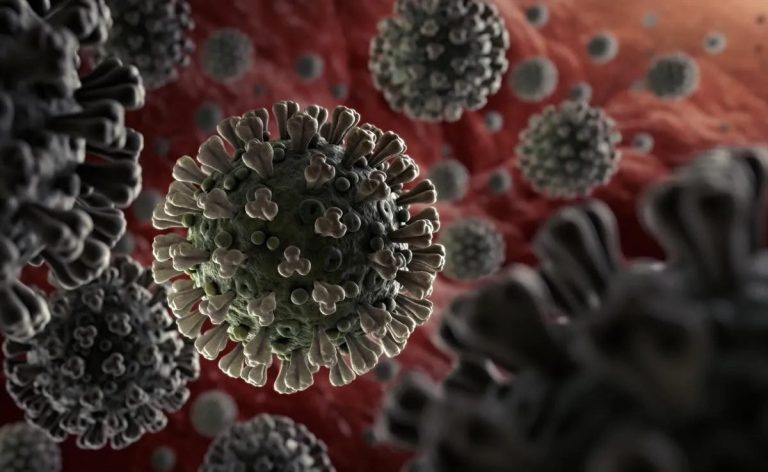
The Centers for Disease Control and Prevention (CDC) downgraded the severity of the Chinese coronavirus to that of influenza, calling for a “unified approach” to treating such cases.
In a press release issued Friday, the CDC announced that it is simplifying its recommendations for treating coronavirus because the virus no longer poses a significant threat.
The statement stated:
The Centers for Disease Control and Prevention (CDC) today released updated recommendations on how people can protect themselves and their communities from respiratory viruses, including coronavirus (COVID-19).
The new guidance provides a standardized approach to address risks from a range of common viral respiratory diseases, such as COVID-19, influenza and respiratory syncytial virus, which can cause significant health impacts and stress on hospitals and healthcare workers.
The Centers for Disease Control and Prevention (CDC) is making updates to recommendations now because the United States is seeing far fewer hospitalizations and deaths related to COVID-19 and because we have more tools than ever to combat influenza, COVID, and RSV.
CDC Director Dr. Mandy Cohen said the announcement “reflects the progress we have made in protecting against serious illness caused by COVID-19.”
“However, we must still use common-sense solutions that we know work to protect ourselves and others from serious illness caused by respiratory viruses – this includes vaccination, treatment, and staying home when we are sick,” she continued.
The statement urged people to continue getting vaccinated to prevent “serious illness, hospitalization and death,” including the elusive COVID-19 vaccine more than three years after its introduction.
The announcement also revised isolation guidelines for those who test positive for the disease, but urged people to continue wearing face masks and practicing social distancing regardless:
When people have a respiratory virus, updated guidelines recommend staying home and away from others. For people with COVID-19 and influenza, treatment is available and can reduce symptoms and reduce the risk of severe disease.
Recommendations suggest returning to normal activities when symptoms have generally improved for at least 24 hours and, if fever is present, has disappeared without the use of fever-reducing medication.
Once people resume their normal activities, they are encouraged to take additional preventative strategies for the next five days to limit the spread of illness, such as taking more steps to have cleaner air, promoting hygiene practices, wearing a well-fitting mask, and keeping your distance from others. And/or get tested for respiratory viruses.
This month marks the fourth anniversary of the Covid-19 pandemic and the hysteria that followed it. However, its devastating consequences, whether political, economic, social or public health, continue to affect the lives of billions of people around the world.

